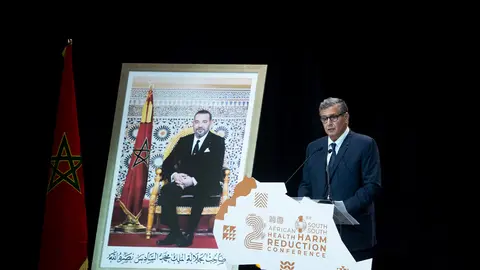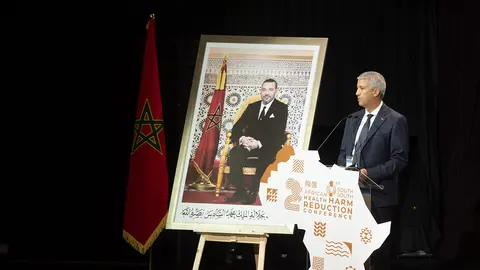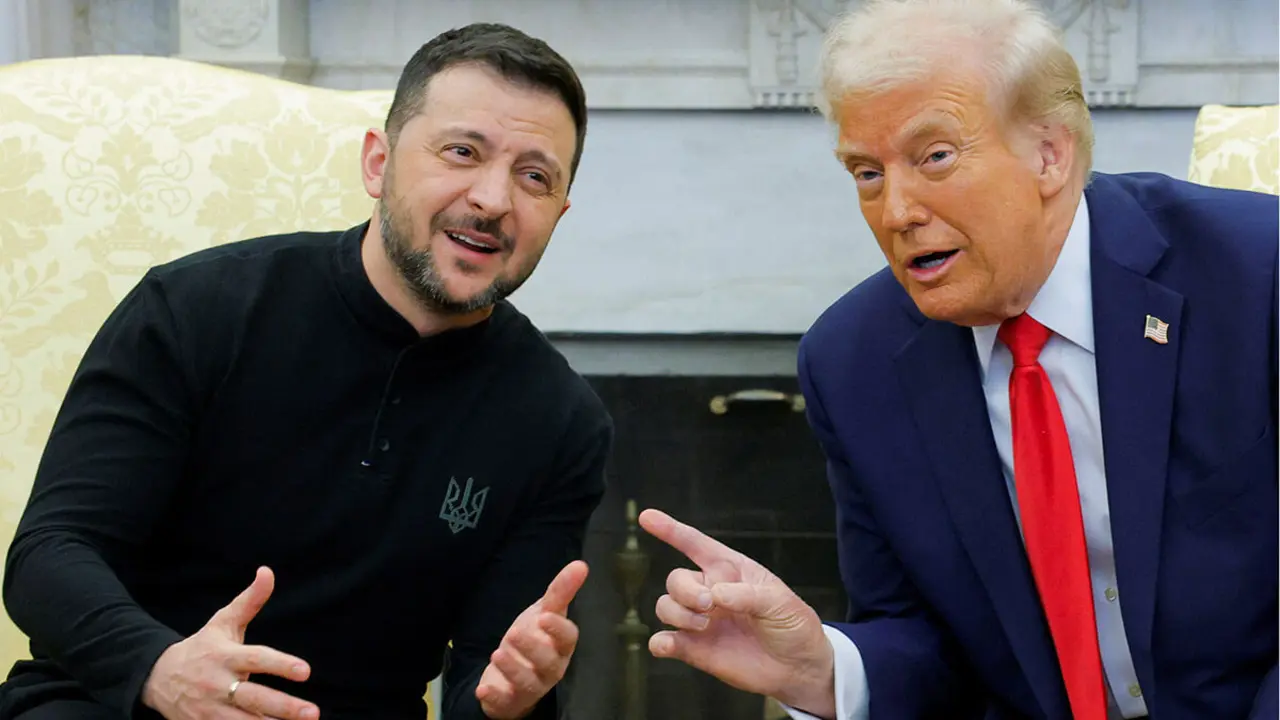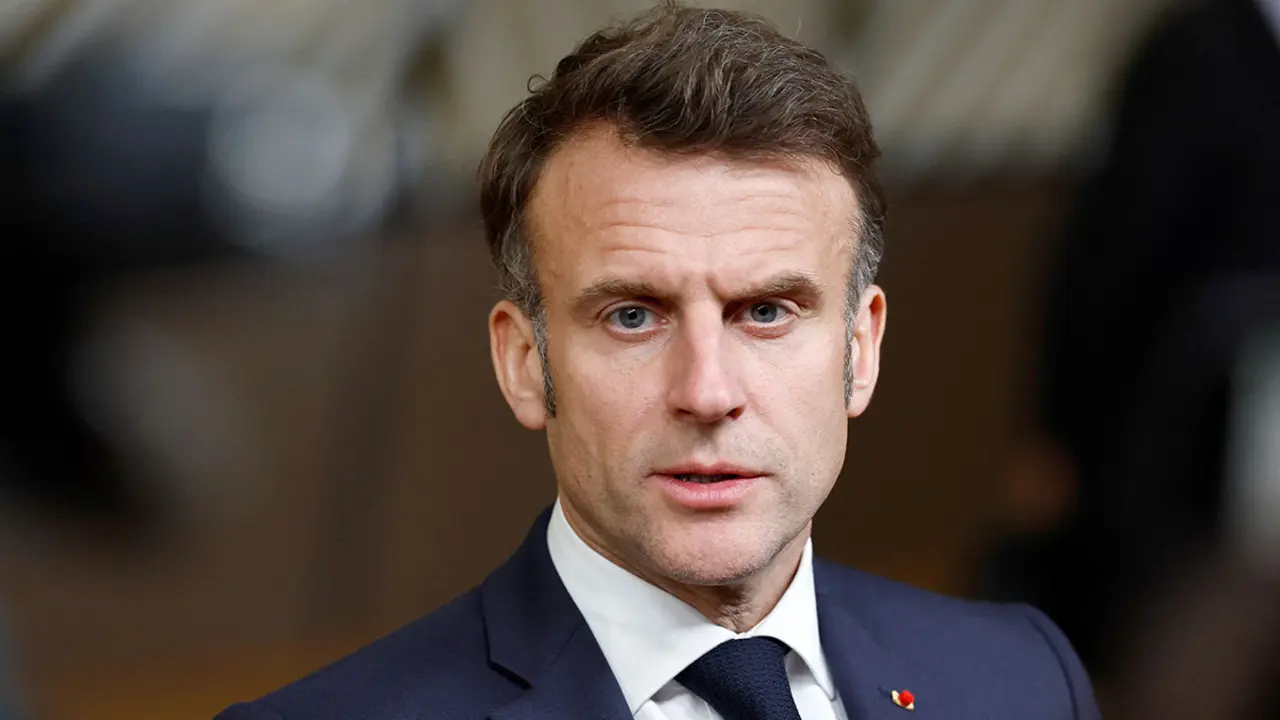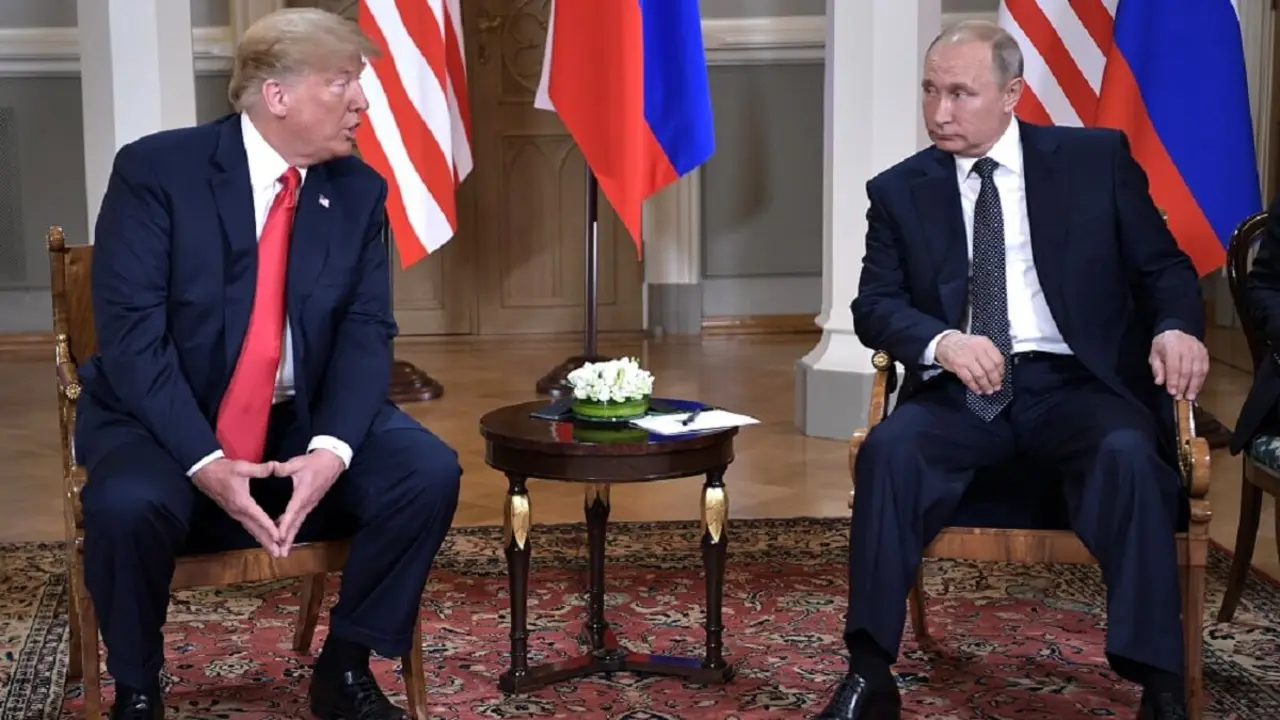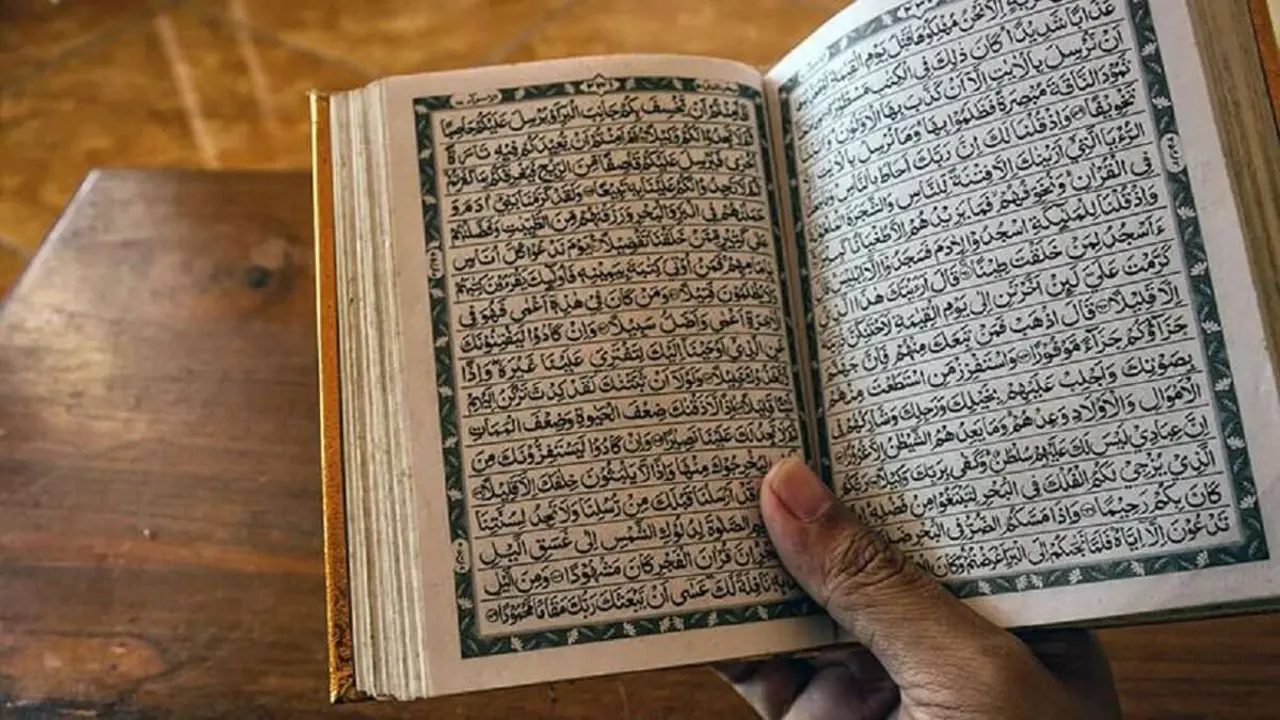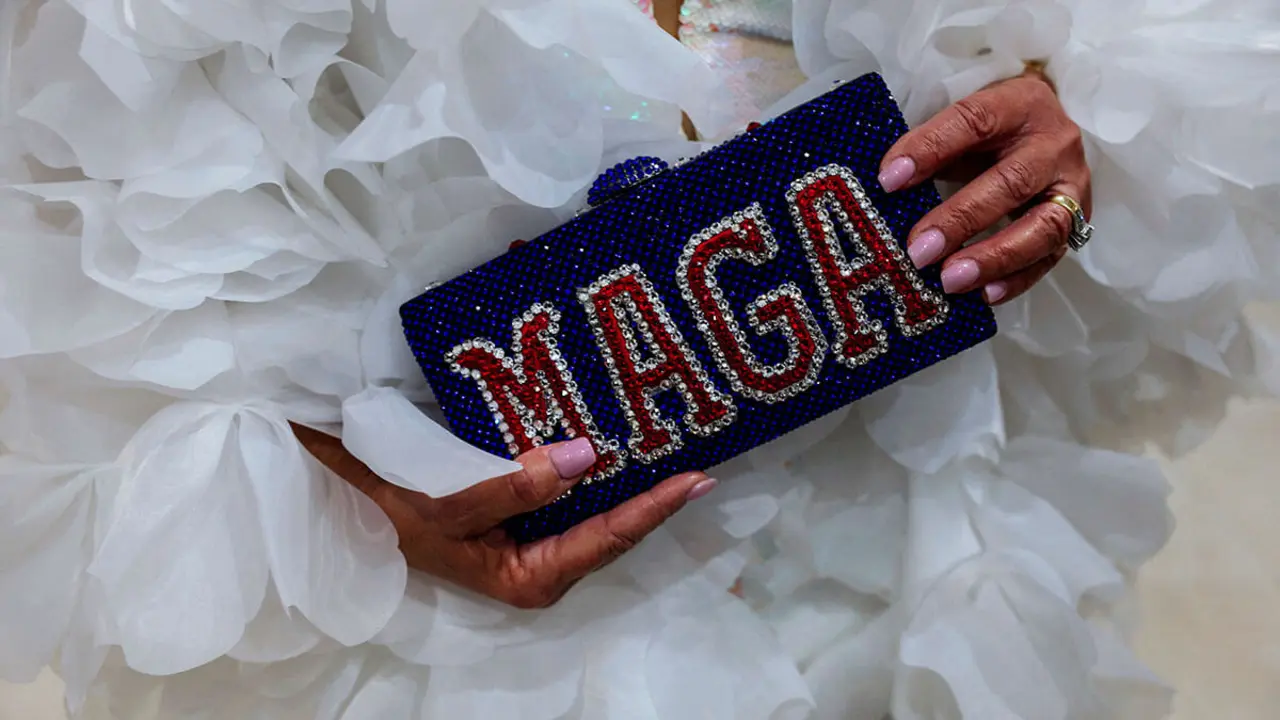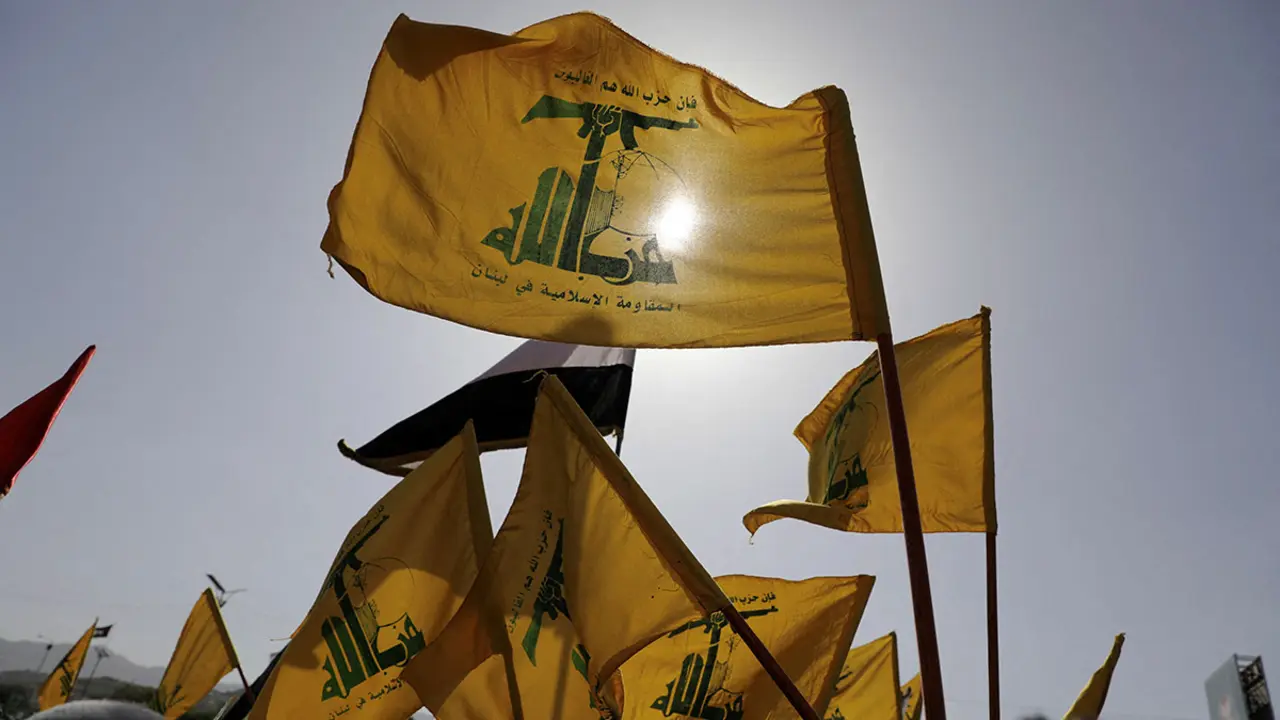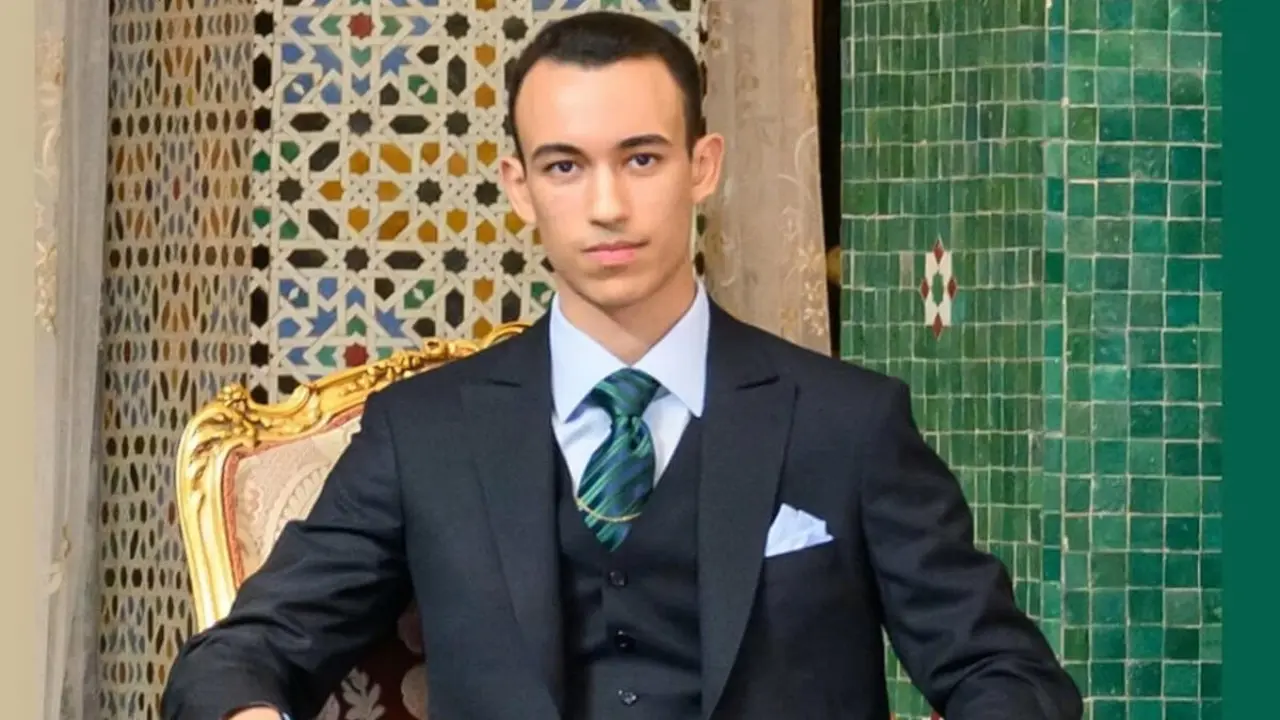Health as a central theme in Morocco and Africa
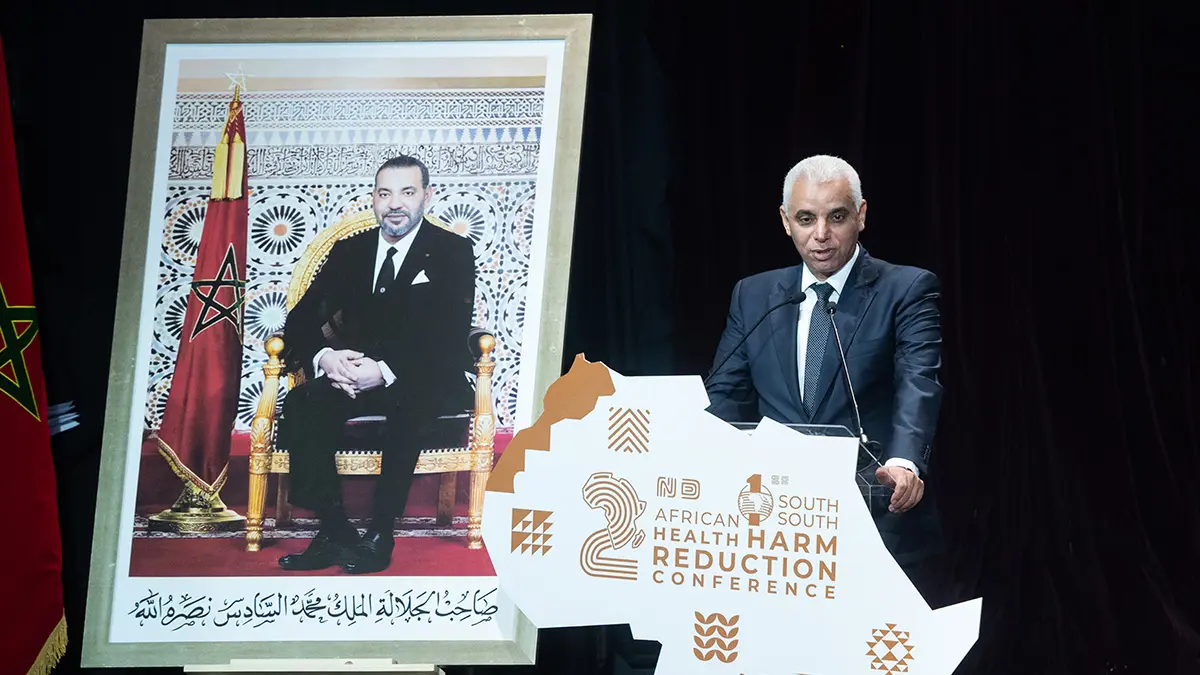
Marrakech has hosted the 2nd African Conference on Health Risk Reduction with the aim of promoting in Morocco and in Africa in general the improvement of risk prevention that may affect health and the environment.
Under the patronage of the King of Morocco Mohammed VI, administrative officials, experts, politicians and professionals from Africa and other continents took part in this meeting organised by African Global Health and the Moroccan government, which aimed to avoid, as far as possible, all risks that threaten general health.
The aim was to reflect on the aspects of health in broad concepts of public health policies, but also to build the pillars of health in the future, rethinking health in its organic, psychological, economic, social and environmental aspects, working together for a common African health through culture, education and teaching. The key points on which the meeting focused were health in Africa, with special reference to water supply and management, the environment and food security.
The Moroccan Minister of Health, Khaled Ait Taleb, participated actively in this conclave and Atalayar had the opportunity to speak with him to analyse the discussions at this 2nd African Conference on Health Risk Reduction.

It is very important to hold this conference, the issues discussed to avoid health risks with a policy that Morocco is carrying out in terms of improving food, water treatment... Something fundamental to reduce health risks.
Morocco has already demonstrated in the past, thanks to the leadership of His Majesty King Mohammed VI, that it has shown resilience when it comes to managing disasters and health crises. Today, water is an issue for which we are looking for solutions. It is not just a Moroccan problem; it is a global problem, of course.
But nevertheless, with what we are currently doing in water policy, such as communication, implementation and design of desalination plants by 2025, there will be autonomy and, of course, it will have a positive impact on health and that is why we talk about risk reduction.
But it is not about going to treatment, it is about trying to solve infrastructure problems that have a direct impact on health and could have fatal consequences later on.
First of all, Morocco. Secondly, it is not just about Morocco, because we are talking about the African continent, and you know very well that Her Majesty's management of the COVID-19 crisis was proactive and proactive. We were the first to vaccinate, and we contained the disease. But there was a problem of vaccine diplomacy, the vaccine was not distributed equitably.
The central question today is: can we continue to lag behind on the African continent? No, the African continent must rely on the African continent, and rely only on the African continent. Of course, in collaboration with the other continents, we need research, we need technology, but at least Africa's potential must be highlighted in convergence rather than in action.
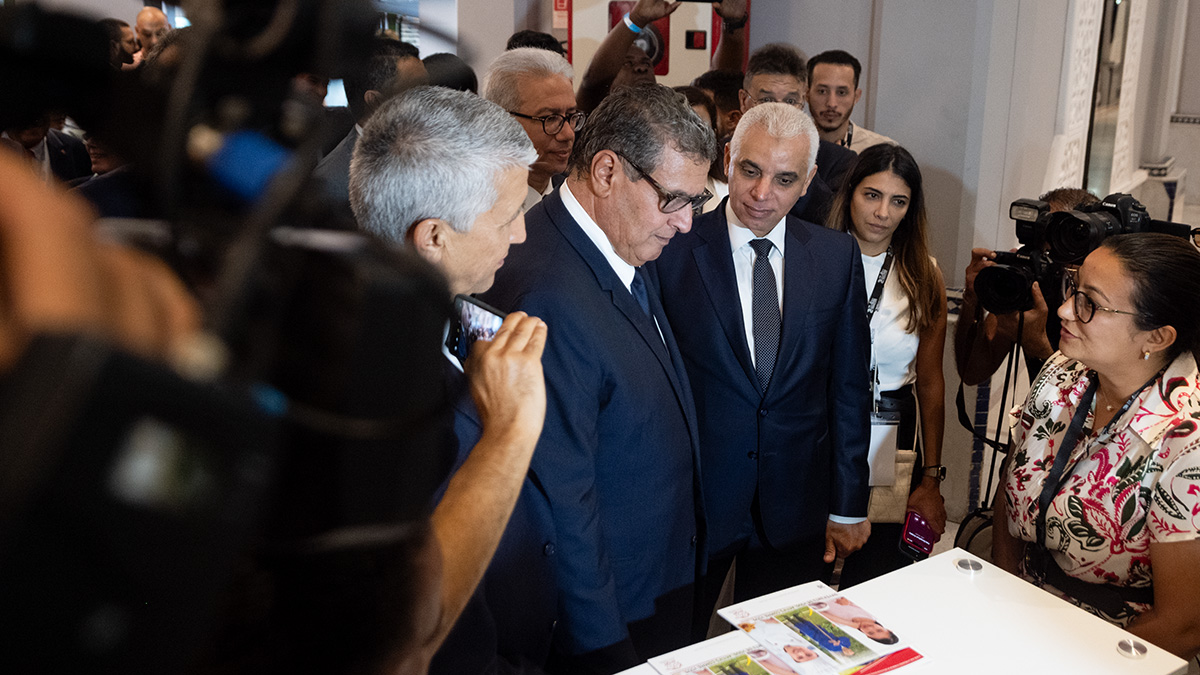
Morocco is playing a leading role in this field for the African continent.
His Majesty, in his foreign policy from the beginning, has never stopped talking about Africa's potential. And today it is a golden opportunity. And why? Because health has become a central issue. It is no longer a problem because in every country in the world health is considered the poor relation of the other sectors.
And you can imagine that even countries that are economically strong during the COVID with empathy encountered difficulties. It is not enough to be very rich to be excellent in health, because there are some major challenges, today, with technological progress, industrialisation, and, of course, pharmaceuticals; the pharmaceutical industry is changing with the introduction of what is known as genomics and metabolomics. Health expenditure is going to increase dramatically, and no health insurance system can cope with that, so we have to resort to risk reduction to try to minimise and avoid what is avoidable.
One of those countries was Spain. There, the collaboration with Spain, with the European Union in this area is fundamental. Are you satisfied? Should it be increased?
As far as cooperation is concerned, I am very happy with the cooperation with Spain. I was in Spain during COVID and we tried to explore ways of collaboration, especially in the field of research and development, because what is important today in the field of health is essentially research and development to try to find the best adapted solution to the different problems.
We are very happy to see that Morocco, Marrakech, has recovered, the city has been able to host this congress. In a fortnight's time, the International Monetary Fund and the World Bank will be present. Marrakech is almost fully operational, isn't it?
I am glad they are here too, to send a very clear signal that we are a resilient country. There is vulnerability all over the world, but we must not give in to it. We must be dynamic enough to try to come out of the various crises. And I am glad that this conference has been able to succeed, with more than 80 countries present to support Morocco, which is, of course, the best support we can give to the country today.


